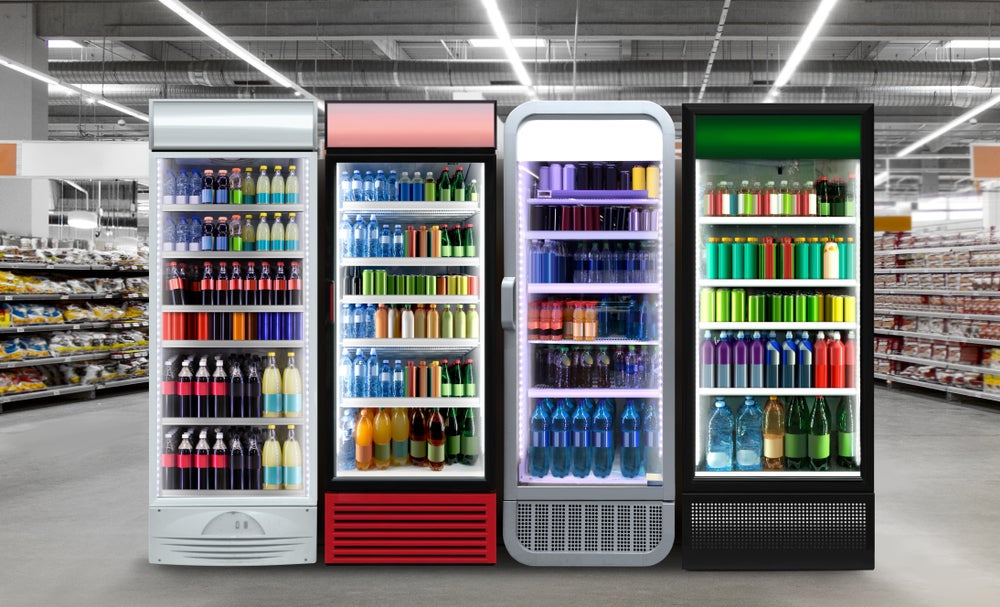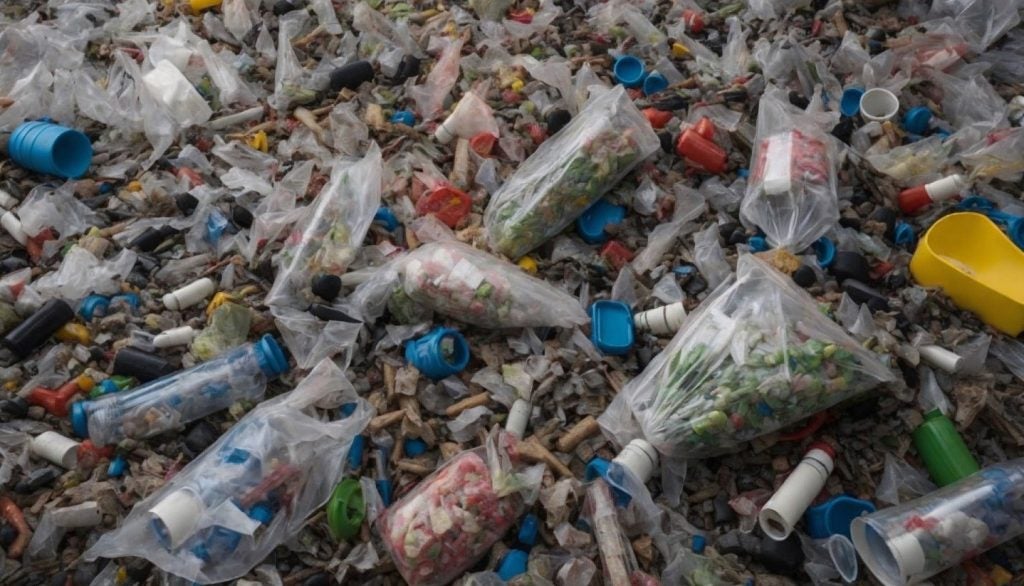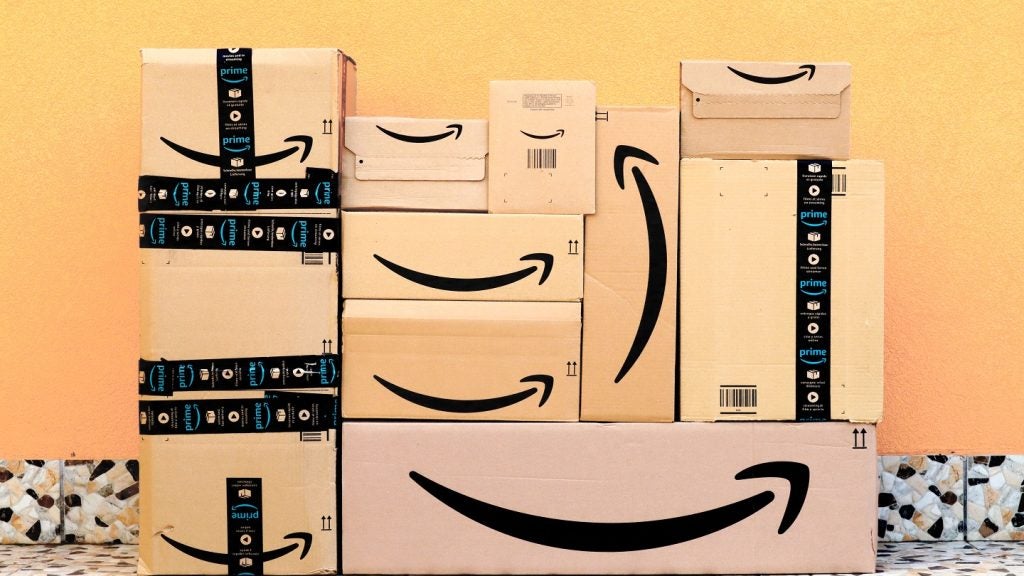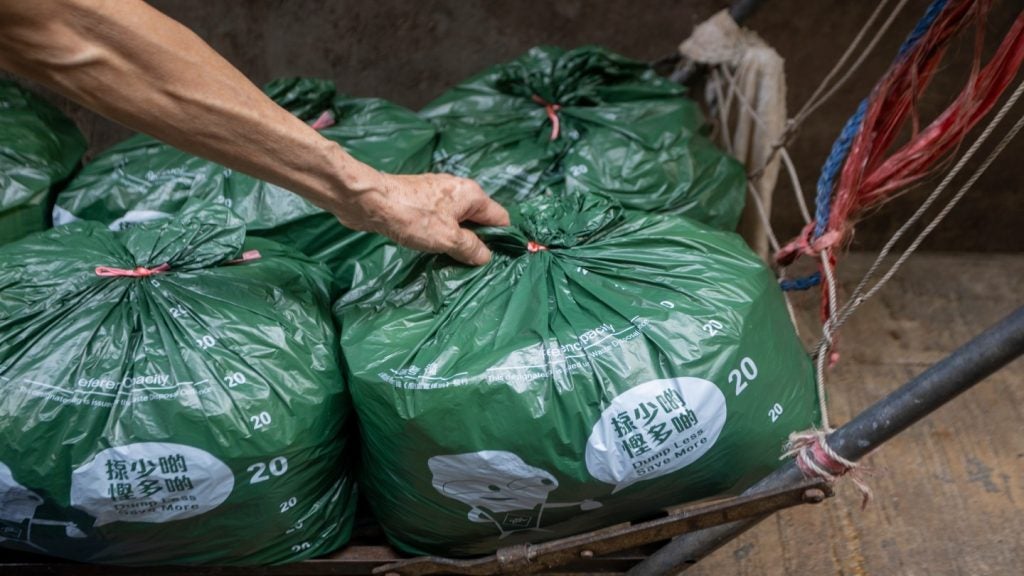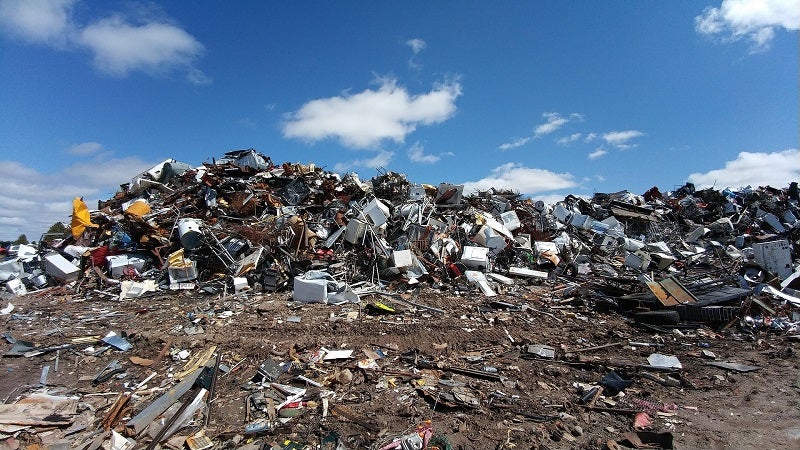
The UK Government has awarded up to £1m of funding to help tackle waste crime in the UK and prevent illegal waste from being shipped abroad.
Among the beneficiaries are two technology companies – digital specialists Anthesis and waste analytics company Topolytics – which will build prototypes for the UK’s first comprehensive digital waste tracking system. The grant is part of the government’s £20m GovTech Catalyst fund, which backs the advancement of innovative solutions.
The news follows the introduction of compulsory electronic waste tracking, which is a part of the Environment Bill introduced to Parliament on 15 October 2019.
The bill includes new charges for other single-use plastic items, plans to extend producer responsibility and mandates clear product labelling to help consumers shop more sustainably.
Environment minister Rebecca Pow said: “Waste crime causes economic, environmental and social harm in every community it blights. That’s why our transformative Environmental Bill will be a driving force for change – improving the way we manage our waste by creating powers to introduce an electronic waste tracking system.
How well do you really know your competitors?
Access the most comprehensive Company Profiles on the market, powered by GlobalData. Save hours of research. Gain competitive edge.

Thank you!
Your download email will arrive shortly
Not ready to buy yet? Download a free sample
We are confident about the unique quality of our Company Profiles. However, we want you to make the most beneficial decision for your business, so we offer a free sample that you can download by submitting the below form
By GlobalData“Both companies put forward impressive proposals to help modernise the waste system and help level the playing field by ensuring all businesses are adopting legitimate waste management practices. This is great news for the environment but bad news for those determined to exploit the system.”
Minister for implementation Simon Hart said: “Cutting down on waste is a top concern for the public, so I’m delighted to see these innovative proposals moving forward. They’re a great example of why we’re investing in the GovTech Catalyst programme to improve public services and solve some of society’s biggest challenges.”
Brighton-based natural health, beauty and home goods online retailer Natures Health Box nutrition and fitness expert Tom Jenane said: “We feel this is a long-overdue action, which should have been implemented years ago as the state of illegal waste is only increasing over time. The utilisation of modern technology to tackle the issue is also a welcome introduction, helping to understand far greater the main culprits. However, I still have some doubts to how well this will work in application rather than theory. There will definitely be a difficult starting period. Therefore I will have to hold my tongue on early assessments, as they iron out any mistakes or manipulation of the system.
“Fly-tipping is a regular issue in Brighton – something we witness on a daily basis, with sofas placed down our roads on a regular basis. What is interesting is we have witnessed some locals build a business out of it, collecting dumped fridges and sofas and fixing them all up, before selling them on through Gumtree or eBay.
“Considering the cost of illegal waste is over £600m, the investment of £1m feels a very profitable investment if it is to work. However, I do have my early doubts.”
Waste crime and its impact on the world
Waste crime costs the UK economy £600m every year. The government said that the current record systems for tracking household and commercial waste are outdated – lacking in digital aspects – and largely paper-based.
An independent review into serious and organised waste crime, commissioned by the Home Office last year, found that this lack is exploited by organised criminals who mislabel waste to avoid landfill tax or illegally export it.
Earlier this year, the Malaysian Government announced plans to return around 3,000t of smuggled non-recyclable plastic waste to their countries of origin, including the UK, US, Australia and Canada.
China also introduced a ban on foreign plastic waste last year.
UK national waste and recycling management network National Resource Consortium director Paul Jackson said: “Recent documentaries have highlighted that the current export processes are not sufficient to stop legal or illegal waste ending up in the wrong place. In addition, we saw recently that Biffa has been prosecuted for exporting illegal waste as waste paper, so the current system can fail with even the largest of organisations.
“With regard to fly-tipping – this is mainly domestic waste and often carried by a non-registered carrier – we need to look at what technology can overcome these circumstances.
“The idealistic answer is that the UK manages its own waste and recycling domestically and therefore does not use export as part of the solution. However, there is not enough capacity in the UK and never will be. The demand for recycled material will always exist across the world, therefore, the problem will exist.
“The question will remain – how can you track all of the waste all of the time and at a cost that doesn’t make the process too expensive or ineffective?”




